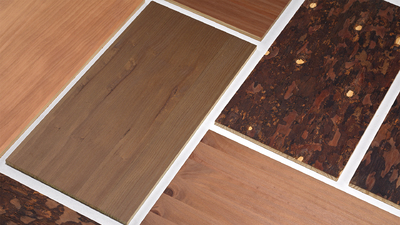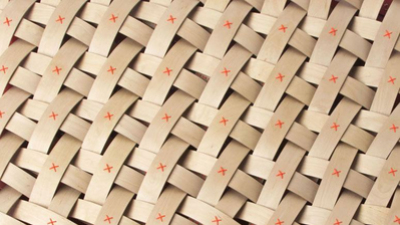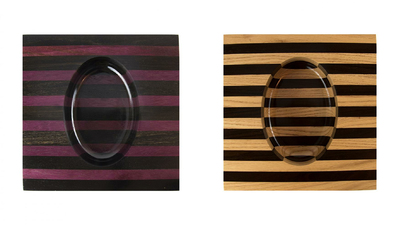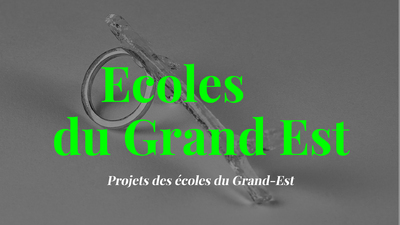BOOK: “Design“ IS POWER - Dark side - by F.Galli
Critical Conversation through Negotiation, Politics and Leadership po
The author, accompanied by academics, students, professionals and any citizen who deems the proposed topic interesting,
will try to "provoke" a reflection on the contents of the book, on the reasons and contradictions that permeate his vision of “design” understood as an act of thought or critical power rather than an elegant and productive design mimesis.
_________________________
We often speak of new normality, and of new planning, a term that leaves a bitter taste in the mouth, a sort of tautological redundancy, an attempt to stabilize and understandably return to the status quo before the appearance of this anomaly.
_________________________
Without wandering on speculations relating to the nature of the anomaly, which has triggered worrying drifts, each different and expression of the conflicts that humanity itself, nations, society, companies and organizations, families, individuals had tried to hide or camouflage with often more communicative tricks and reputations, without ever dwelling on the very nature of the problems; every anomaly, following the suggestion of Thomas Samuel Kuhn in the book the structure of scientific revolutions (1962), always generates one or more conflicts that change into a state of war which is the primary step to the change of paradigm, to the constitution of a potential new normal or new paradigm.
_________________________
Therefore following this representation a stimulus for reflection could be if we are really able how; repeating the scale in reverse; Individuals, families, businesses and organizations, societies, nations, humanity, to confront, manage, negotiate and fight in a context where words like conflict and war are the scenarios that precede a new normal.
They are probably just academic speculations and I am sure that we will often see projections and proactive messages such as "everything will be fine", which we still see as memory on various balconies of our homes and cities, but rediscovering our tradition, I allow myself to conclude with the phrase by Publio Flavio Vegenzio Renato: “Si vis pacem para bellum”, if you want peace, prepare for war.
Continue reading...

























































































